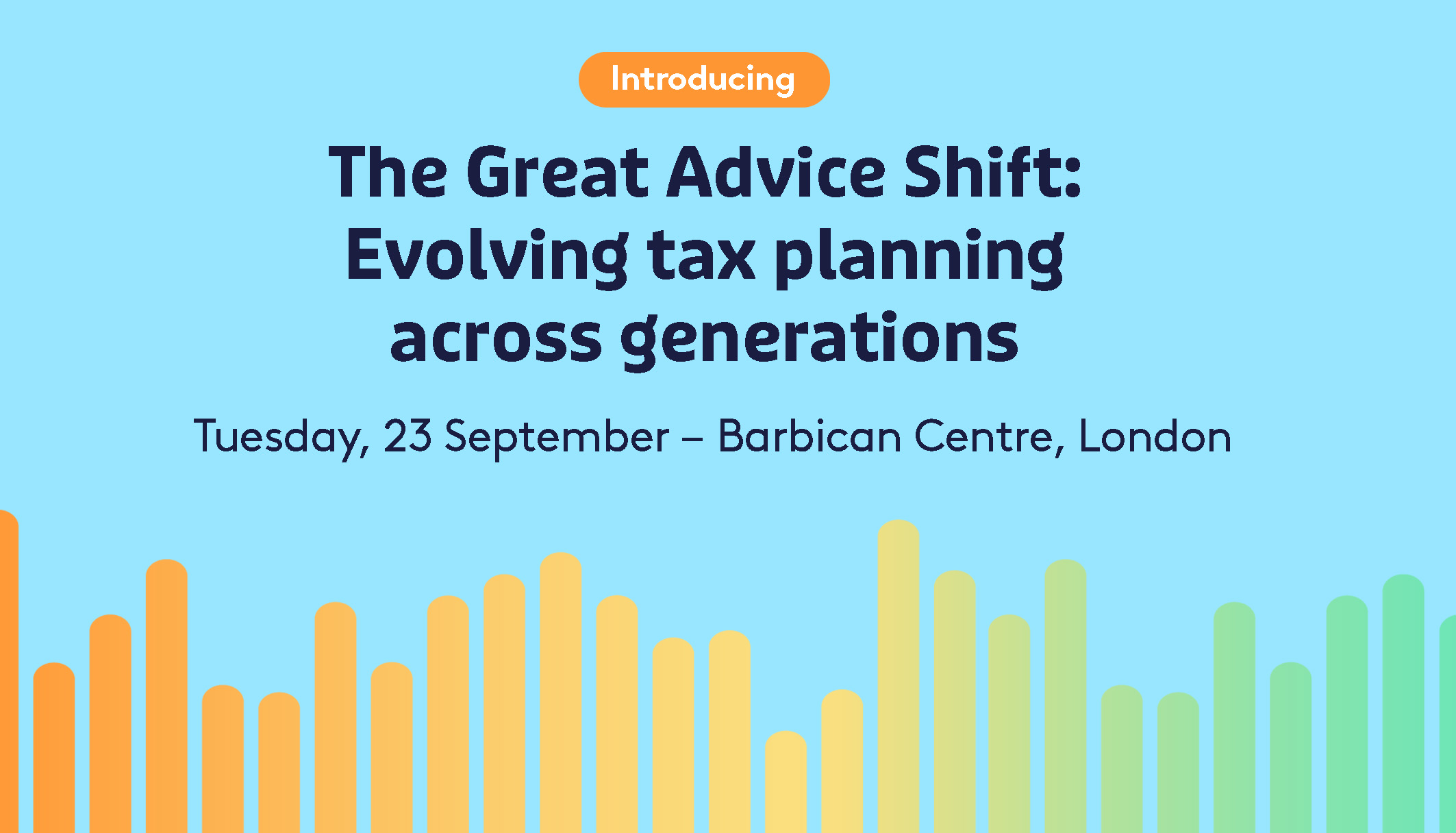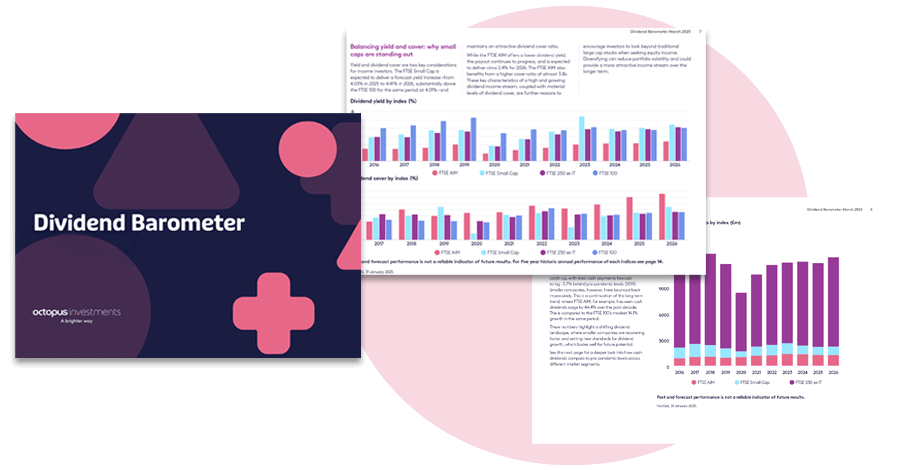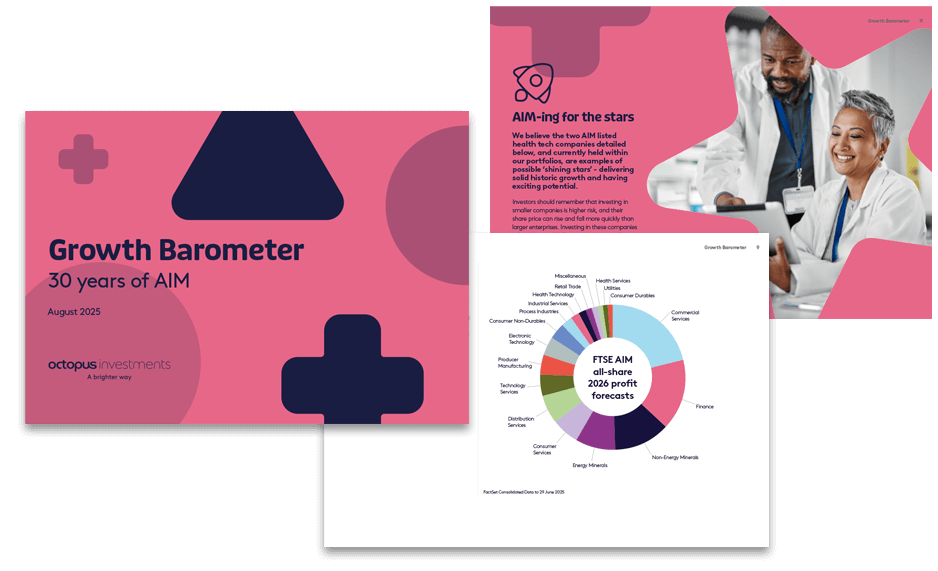Last updated: 5 January 2026
Earlier this week, HMRC published draft legislation confirming that, from 6 April 2027, most unused pension funds will be included in an individual’s estate for inheritance tax (IHT) purposes. Alongside this, important reforms to Business Relief (BR) have also been confirmed to take effect from 6 April 2026.
What is happening to pensions?
Historically, pensions have offered more than just a means to fund retirement, they have provided a tax-efficient way to pass wealth on to loved ones. Therefore, the key changes that were initially announced back in the Autumn 2024 Budget represent a seismic shift in how advisers should approach their clients’ estate planning moving forward.
Since the announcement, there has been widespread speculation in the press and within the adviser community about whether these changes might be reversed following strong opposition. This uncertainty has led to inaction, and with the government now reaffirming its intentions through the draft legislation, those who waited for further clarity have lost nearly a year of valuable planning to consider alternative tax-efficient strategies to help mitigate IHT.
We have been emphasising the importance of early planning for some time to help deliver good outcomes for clients. Since the changes in the Autumn Budget, we have been actively supporting advisers in navigating the incoming rules to help prepare well before the legislation becomes official. Now, with the government moving forward, clients and advisers should avoid further delay and advance estate planning conversations.
What does the published draft legislation reaffirm for pensions?
The proposals remain largely unchanged from those initially announced in the Autumn Budget. This week’s draft legislation confirms that almost all unspent pension funds will be included in the deceased’s taxable estate for IHT purposes. Despite these significant changes, the government has reconfirmed some important exemptions, including those for spouses and dependents, as well as death in service benefits from registered pension schemes.
And what about BR?
Business Relief changes are also moving forward, with new rules taking effect from 6 April 2026. The draft legislation introduces an allowance for unquoted business and agricultural property assets up to £2.5 million which attracts 100% IHT relief. Any value above this will attract 50% relief.
It was reconfirmed that the £2.5 million allowance will reset periodically every seven years for individuals and every ten years for trusts. Transitional provisions have been included for gifts and trusts established before the Autumn Budget to help protect planning already in place, provided certain conditions are met.
AIM-listed shares will not qualify for the £2.5 million allowance but will still attract 50% relief. While some had hoped for an increase in the AIM IHT relief, it’s important to recognise that these remain valuable reliefs. Moreover, the recent Mansion House Accord, which was signed by seventeen of the UK’s largest workplace pension providers, acknowledges the government’s renewed commitment to channelling more long-term capital into UK high-growth businesses, including those listed on AIM.
Has anything new been raised in the draft legislation?
The draft legislation includes some important revisions and new measures that aim to address practical concerns raised since the Autumn Budget:
BR:
- One notable addition concerns the transfer of BR assets into and out of trusts between 30 October 2024 and 6 April 2026. Where BR assets were transferred into a trust in this period, the government will allow trusts to qualify for BR on assets transferred out during this period, even if the assets have not been held in trust for the usual two-year qualifying period. This measure is likely an acknowledgement from the government that some transfers may have been made without full understanding of the rules, and gives individuals a chance to reverse this move without incurring an IHT charge.
- Additionally, the £2.5 million unquoted BR allowance will be frozen until April 2030, aligning with the wider freeze on IHT allowances. After this it will increase in line with inflation meaning the value of this £2.5m allowance will increase in time increasing the amount that attracts 100% IHT relief.
- The draft legislation confirms that BR assets held in pensions will not attract BR relief, affirming that BR investments must be held outside the pension wrapper for relief to apply. Before the recent pension changes, this distinction had little impact, as pensions sat outside the scope of IHT. Going forward, however, more individuals may be prompted to consider withdrawing BR-qualifying assets from pensions to hold them directly.
Pensions:
- The government has announced that beneficiaries who pay IHT on pension funds may claim a deduction against their income tax liability on any subsequent pension drawdown. This could help soften the blow on the high overall effective rate of tax now on pension pots, of over 80%. However, this relief is only available if the beneficiary pays the IHT or reimburses the personal representatives who have settled the tax.
- There has been clarification that personal representatives are responsible for paying IHT on pension funds to HMRC, overturning earlier suggestions that pension providers would bear this responsibility. This should be welcome news for many who were concerned about potential administrative delays if the pension providers were liable for this payment.
- And finally, it has been confirmed that it does not matter if the pension is currently in drawdown, any unused amount on death should still be subject to IHT.
Why it’s becoming imperative to act earlier when it comes to estate planning
Now that the draft legislation has clarified key details and confirmed the government’s intention to proceed, advisers can revisit estate plans with greater confidence. In particular, it could be time to reconsider the traditional order of estate planning, especially as the traditional advice to “touch pensions last” may no longer apply. This could be especially true for those in the decumulation stage of a client’s estate planning where they are accessing their built-up wealth.
For those still in the accumulation stage, the changes are also acting as a timely reminder to assess how and where wealth is being built. While pensions remain valuable for retirement income planning, the prospect of IHT charges means clients may need to consider more diversified strategies.
In this context, advisers are increasingly turning to tax-efficient solutions such as Business Relief (BR) investments. For investors comfortable with the higher-risk profile, Business Relief investments can offer both planning flexibility and fast IHT relief for those focused on preserving intergenerational wealth. The government’s commitment to BR is a recognition of BR as a meaningful tool in estate planning. Advisers would be well placed to consider how BR including the new £2.5m unquoted BR allowance can be used in conjunction with other estate planning strategies.
Support from Octopus Investments
We recognise that these changes add a new layer of complexity to estate planning, and that’s why we continue to support advisers during this evolving tax landscape. At Octopus, we provide a range of technical resources and specialist support teams to help advisers every step of the way, all of which are free.
This includes:
Specialist support
Specialist support through our intergenerational planning team
Estate planning guidance
Technical estate planning guidance through the Ask Octopus helpdesk
Estate planning resources
A library of estate planning educational resources – including webinars, articles, and planning tools, through The Knowledge Base
Risks to bear in mind
Capital at risk
It’s important to remember that BR-qualifying investments are high risk, so clients must be comfortable with the associated risks. Their value, and any income from it, can fall or rise. Investors may not get back the full amount they invest.
Tax treatment may change
Tax relief is subject to the invested companies maintaining their BR-qualifying status. Tax treatment depends on individual circumstances which could change in the future.
Octopus Live in the Capital conference
We’re delighted to be back with a new edition of the Octopus Live conference!
This year, our flagship event will focus on adapting to change amidst shifting regulations, economic uncertainty, and demographic shifts.
Join us to hear from leading industry figures, take part in practical workshops, and to network with your peers. Plus, it’s CPD qualifying.


Contact our team
Got a question?
Call us on 0800 316 2067
1 Reforming Inheritance Tax – unused pension funds and death benefits, HM Revenue & Customs, 21 July 2025
2 Pension schemes back British growth, HM Treasury, 13 May 2025











